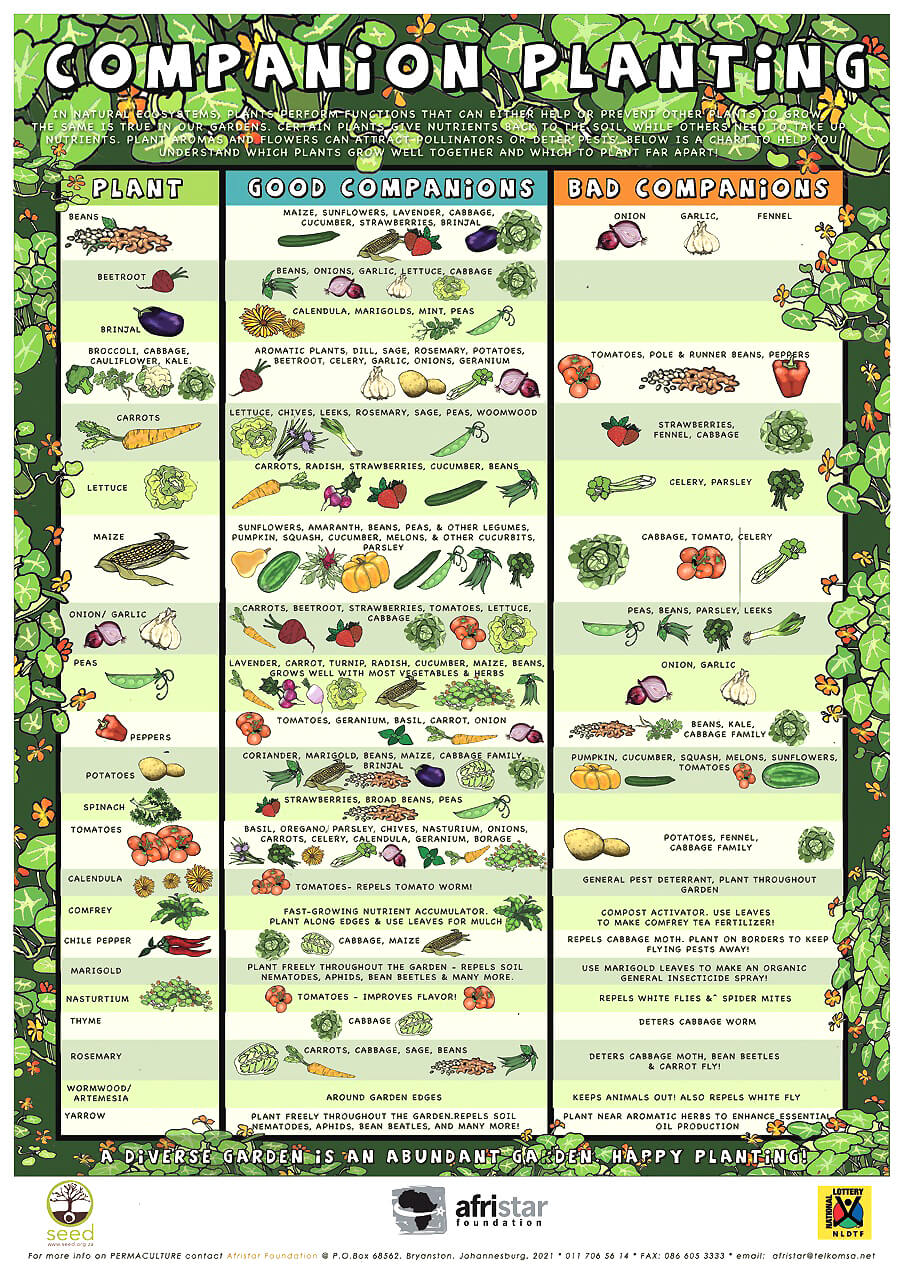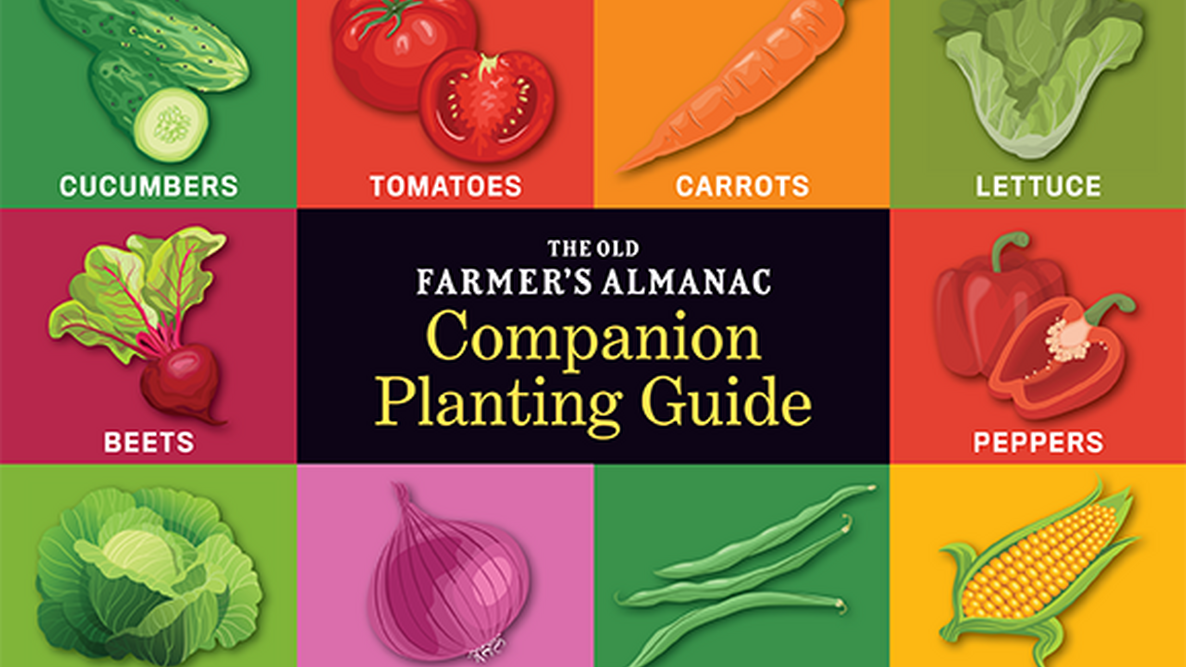Bad Companion Plants For Carrots That Will Ruin Your Harvest
Carrots are a delicious and nutritious root vegetable that can be grown in most gardens. However, there are some plants that should not be planted near carrots, as they can compete for nutrients, attract pests, or otherwise hinder the growth of your carrots.
In this blog post, we will discuss the bad companion plants for carrots and why you should avoid planting them together. We will also provide some tips on how to choose the best companion plants for your carrots to help you get a bountiful harvest.
What are bad companion plants for carrots?
There are a few plants that should not be planted near carrots, as they can have a negative impact on their growth. These include:
- Other root vegetables: Root vegetables, such as potatoes, parsnips, and fennel, compete with carrots for nutrients and space. This can lead to stunted growth and misshapen carrots.
- Dill: Dill is a member of the carrot family, and it can cross-pollinate with carrots. This can result in carrots that have a poor flavor.
- Celery: Celery attracts carrot flies, which can damage carrots.
- Mint: Mint is a vigorous grower that can crowd out carrots.
- Legumes: Legumes, such as peas and beans, fix nitrogen in the soil, which can rob carrots of the nitrogen they need to grow.
How to choose the best companion plants for carrots
There are a number of plants that can be planted near carrots to help improve their growth. These include:
- Lettuce: Lettuce is a good companion plant for carrots because it shades the soil, which helps to keep the carrots cool and prevents them from bolting.
- Onions: Onions repel carrot flies, which can damage carrots.
- Marigolds: Marigolds attract beneficial insects, such as ladybugs and lacewings, which help to control pests that can damage carrots.
- Cucumbers: Cucumbers help to improve the flavor of carrots.
- Peas: Peas fix nitrogen in the soil, which can help to improve the growth of carrots.
Tips for planting carrots with companion plants
When planting carrots with companion plants, it is important to follow a few tips to ensure that your carrots have the best chance of success. These tips include:
- Plant carrots and their companion plants in a sunny location with well-drained soil.
- Space the plants according to their mature size to give them enough room to grow.
- Water the plants regularly, especially during hot weather.
- Fertilize the plants with a balanced fertilizer every few weeks.
- Watch for pests and diseases and take steps to control them if necessary.
Conclusion
By avoiding bad companion plants and planting carrots with the right companion plants, you can help to ensure that your carrots have the best chance of success. By following these tips, you can enjoy a bountiful harvest of delicious and nutritious carrots.
Carrots are a delicious and nutritious vegetable that can be grown in most gardens. However, there are some plants that should not be planted near carrots, as they can stunt their growth or attract pests.
Some of the worst companion plants for carrots include:
- Dill: Dill produces compounds that are harmful to carrots and can stunt their growth and development.
- Fennel: Fennel is harmful to many plants, and it can also attract carrot flies.
- Parsnips: Parsnips are susceptible to the same diseases and pests as carrots, so planting them together can increase the risk of infection.
- Potatoes: Potatoes and carrots compete for nutrients, so planting them together can lead to stunted growth.
If you are planning to plant carrots in your garden, it is important to avoid these bad companion plants. For more information about which plants are good and bad companions for carrots, you can visit Gardenia Inspiration.
FAQ of bad companion plants for carrots
Frequently Asked Questions about Bad Companion Plants for Carrots
What are some bad companion plants for carrots?
Some bad companion plants for carrots include:
- Dill: Dill produces compounds that are harmful to carrots and can stunt their growth and development.
- Fennel: Fennel is harmful to many plants.
- Parsnips: Parsnips are a member of the carrot family and can attract the same pests and diseases as carrots.
- Potatoes: Potatoes and carrots are not considered ideal companion plants for each other.
- Cucurbits: These plants will likely overtake carrots if planted closely.
Why should I avoid planting these plants with carrots?
There are a few reasons why you should avoid planting these plants with carrots:
- They can attract pests and diseases: These plants can attract pests and diseases that can also harm carrots. For example, dill and fennel attract carrot flies, which can lay eggs on carrots and cause the roots to rot.
- They can compete for resources: These plants can compete with carrots for water, nutrients, and space. This can lead to stunted growth and a lower yield of carrots.
- They can have a negative impact on flavor: The flavor of carrots can be affected by the presence of other plants. For example, the flavor of carrots can be bitter if they are planted near fennel.
What are some good companion plants for carrots?
Some good companion plants for carrots include:
- Marigolds: Marigolds repel pests, such as carrot flies, that can damage carrot plants.
- Nasturtiums: Nasturtiums also repel pests, such as aphids and cucumber beetles. They also attract pollinators, which can help to pollinate carrot flowers and improve the yield of carrots.
- Onions: Onions and other members of the Allium family can help repel pests, such as carrot flies, that can damage carrot plants.
- Beans: Beans fix nitrogen in the soil, which can help to improve the growth of carrots.
- Peas: Peas also fix nitrogen in the soil, and they can help to shade the roots of carrots, which can help to prevent them from being damaged by pests.
How can I prevent pests and diseases from affecting my carrots?
In addition to planting good companion plants, there are a few other things you can do to prevent pests and diseases from affecting your carrots:
- Rotate your crops: Rotating your crops helps to prevent the build-up of pests and diseases in the soil.
- Water your carrots deeply and regularly: This will help to keep the roots of your carrots healthy and strong.
- Inspect your carrots regularly: Inspect your carrots regularly for signs of pests and diseases. If you see any problems, take steps to correct them immediately.
Image of bad companion plants for carrots
- Dill: Dill can stunt the growth of carrots, so it's best to avoid planting them together.

- Fennel: Fennel also produces a chemical that can inhibit the growth of carrots.

- Marigolds: Marigolds can attract pests that can damage carrots, so it's best to plant them in a different area of the garden.

- Onions: Onions can release a chemical that can make carrots taste bitter, so it's best to avoid planting them together.

- Potatoes: Potatoes can harbor pests that can also damage carrots, so it's best to plant them in a different area of the garden.
Post a Comment for " Bad Companion Plants For Carrots That Will Ruin Your Harvest"